This post contains Amazon affiliate links.
Disclaimer: While this post aims to provide informative insights, it’s important to note that I am not a doctor, dermatologist, or medical esthetician. For personalized skincare advice, it’s always best to consult a licensed medical professional, ensuring you make informed decisions about your skincare routine.
Did you know that consuming excess sugar can make your skin visibly age faster? This happens through glycation, where your body produces Advanced Glycation End Products (AGEs). As AGEs accumulate, they stiffen the supporting structures in your skin, and your skin loses elasticity. That leads to wrinkles, sagging, and loss of firmness.
There are ways to prevent AGEs from accumulating, but is it possible to reverse or eliminate existing AGEs in the skin?
One ingredient on the market, Helianthus Annuus (Sunflower) Sprout Extract, has some preliminary data showing that it can reverse the effects of glycation in the skin. These studies, while promising, are still in their early stages, and more research is needed to fully understand the potential of this ingredient in skincare.
What is Helianthus Annuus (Sunflower) Sprout Extract? How is it different from Helianthus Annuus (Sunflower) Seed Oil?
How does Sunflower Sprout Extract combat glycation?
What are the benefits of Sunflower Sprout Extract in skincare beyond reversing glycation?
What the studies say
Incorporating Sunflower Sprout Extract into Your Skincare Routine
My favorite product with Helianthus Annuus (Sunflower) Sprout Extract
More Products that contain Helianthus Annuus (Sunflower) Sprout Extract
Potential Side Effects and Considerations
Product Guide
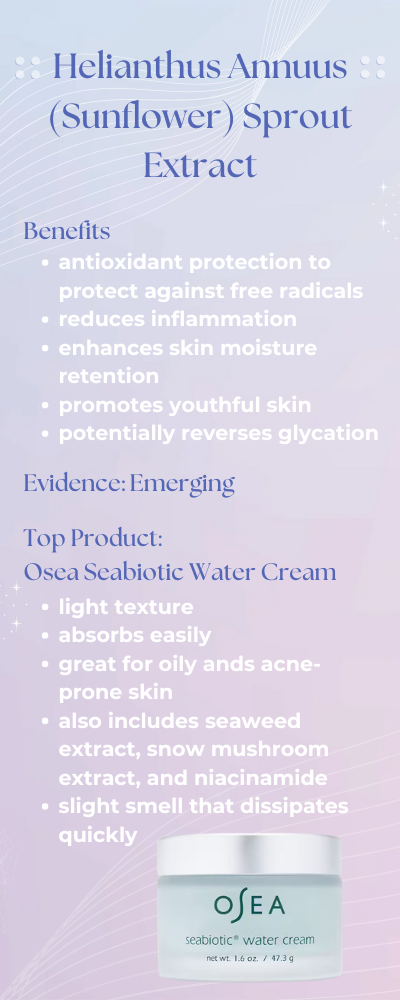
What is Helianthus Annuus (Sunflower) Sprout Extract? How is it different from Helianthus Annuus (Sunflower) Seed Oil

Helianthus Annuus (Sunflower) Sprout Extract is derived from the sprouts of sunflower plants. And Helianthus Annuus is just the scientific term for sunflower. This ingredient is also sometimes referred to as Sunflower Shoot Active.
The extract is taken from the young shoots of the sunflower just after they begin to grow. At this stage, the sprouts are packed with nutrients and bioactive compounds. Because they are just starting their growth stage, sunflower sprouts have higher levels of vitamins, minerals, and phytonutrients than mature sunflower plants or seeds.
The antioxidant properties of the sprout extract in skincare are said to protect against environmental damage, reduce inflammation, and promote youthful skin.
Sunflower Sprout Extract contains:
- Vitamins: B vitamins (particularly folate), Vitamin C, and Vitamin E (an antioxidant)
- Minerals: Magnesium, Iron, Calcium, Potassium
- Phytonutrients: Flavonoids and phenolic acids, which have antioxidant properties and protect against cell damage
- Proteins and enzymes: The enzymes help break down nutrients into forms that are easier for your skin to absorb
On the other hand, Helianthus Annuus (Sunflower) Seed Oil is the oil extracted from mature sunflower seeds. While still beneficial, the seed oil will have a different nutrient profile from the sprout extract. It is higher in fats, has a different vitamin profile, and lacks the phytonutrients, proteins, and enzymes.
Sunflower seed oil is usually used in skincare as an emollient. It helps to moisturize the skin by trapping moisture and forming a protective barrier.
Sunflower Seed Oil contains:
- Fatty acids: Linoleic acid (an Omega-6 fatty acid) can help maintain the integrity of cell membranes, and Oleic acid (an Omega-9 fatty acid) can help reduce inflammation.
- Vitamins: Higher amounts of Vitamins E, A, D, and K (in unrefined oils). Sunflower seed oil is one of the best natural sources of Vitamin E.
Sunflower sprout extract is a relatively new ingredient, especially compared to sunflower seed oil, which has been used for centuries in various cultures. This extract has started to become more prominent in skincare in the last 10 – 20 years as people become more interested in antioxidant-rich, sustainable, and natural ingredients. It’s still considered a novel ingredient in skincare.
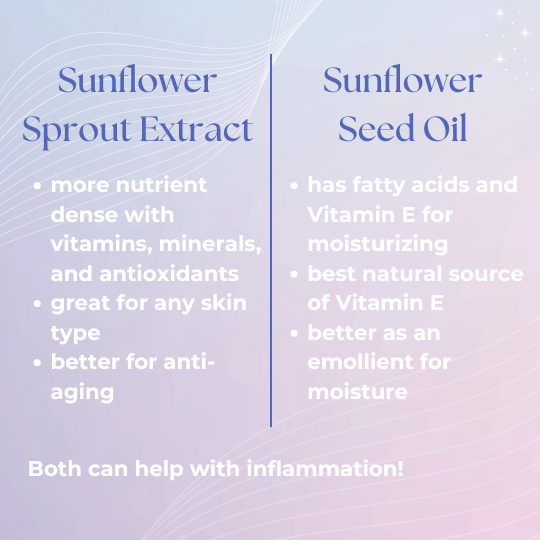
How does Sunflower Sprout Extract combat glycation?
As stated at the beginning of this post, glycation is a biological process where sugar molecules bind to proteins or lipids, forming harmful compounds called Advanced Glycation End products (AGEs).
These AGEs can accumulate in the skin, leading to visible signs of aging such as wrinkles and decreased elasticity. Sunflower sprout extract offers intriguing possibilities for combating glycation, mainly due to its antioxidant properties and specific compounds that can interfere with the glycation pathway.
So, in what ways does Helianthus Annuus (Sunflower) Sprout Extract combat glycation?
- Antioxidant Properties:
- Vitamin E and Phenolic Compounds: Sunflower sprout extract is rich in antioxidants such as vitamin E and various phenolic compounds, including flavonoids and phenolic acids. Antioxidants are crucial in combating oxidative stress, which plays a significant role in glycation. By neutralizing free radicals, these antioxidants can help prevent the initial stages of glycation, where oxidative reactions contribute to the formation of AGEs.
- Anti-inflammatory Effects:
- Reduction of Inflammatory Response: AGEs can induce inflammation in skin cells, exacerbating skin aging. The anti-inflammatory properties of sunflower sprout extract can help reduce this inflammation, mitigating one of the pathways through which glycation damages the skin.
- Chelating Metal Ions:
- Prevention of AGEs Formation: Some components in sunflower sprout extract may act as chelators, binding to metal ions that catalyze the formation of AGEs. By sequestering these metal ions, the extract can potentially reduce the rate of glycation and decrease the overall levels of AGEs in the skin.
And how does it do that?
- Inhibition of Glycation Pathways: Research suggests that certain plant-derived phenolics and flavonoids can directly inhibit enzymes involved in the formation of AGEs or can block reactive carbonyl species that are intermediates in the glycation process. Thus, the specific phenolic content in sunflower sprout extract could be integral to its anti-glycation effects.
- Enhancement of Skin’s Natural Defenses: By boosting the skin’s antioxidant defense systems, sunflower sprout extract may help the skin more effectively resist and repair glycation-induced damage. This includes upregulating the production of intrinsic enzymatic antioxidants such as superoxide dismutase (SOD) and glutathione peroxidase.
Incorporating sunflower sprout extract into skincare products may provide these anti-glycation benefits. Products aimed at anti-aging, such as serums, creams, and masks, are particularly suitable for including this extract to target the visible signs of glycation.
While the direct effects of sunflower sprout extract on reversing glycation need more clinical research, the existing data on its components suggest a potential for beneficial effects. These include antioxidant activity, anti-inflammatory properties, and possibly chelating actions that all contribute to its ability to mitigate glycation-induced aging in the skin.
What are the benefits of Sunflower Sprout Extract in skincare beyond reversing glycation?
- Antioxidant protection: The sprout extract has a high antioxidant content. Antioxidants help protect the skin from environmental stressors such as pollution and UV radiation.
- Anti-inflammatory properties: Suitable for calming irritated skin and reducing redness.
- Hydration: Improves hydration by reinforcing the skin’s barrier, leading to better moisture retention and a plumper, smoother appearance.
- Detoxifying effects: Some claims suggest that the antioxidants in sunflower sprout extract can help detox the skin by neutralizing harmful free radicals and toxins.
- Improve skin elasticity and firmness: Some studies claim that sunflower sprout extract can reduce AGEs and boost collagen and elastin production, which could reduce the appearance of fine lines and wrinkles.
- Brightening and evening skin tone: Improves overall complexion and reduces the appearance of age spots and hyperpigmentation.
- Delays the senescence of skin cells: Senescence is when cells stop dividing. The accumulation of senescent skin cells can contribute to visible signs of aging and slower skin turnover.
These claims make Sunflower Sprout Extract seem like an appealing ingredient for skincare. However, keep in mind that studies and clinical trials evaluating this ingredient are few and far between.
What the studies say
- Journal: Journal of Cosmetic Dermatology, 2022.
- Summary: This study investigated the daily use of a Sunflower Sprout Extract serum to improve fatigued and photo-damaged skin. In preclinical tests, the serum inhibited UVA-induced AGE formation in keratinocytes. A 7-day clinical trial involving 28 women showed significant improvements in skin condition with the use of the serum alone and in combination with an anti-aging moisturizer. The participants tolerated the products well.
- Problems:
- Conflict of Interest: The study was funded by Revision Skincare®, and several authors were associated with the company, which may introduce bias in the study’s design, conduct, or reporting. The study was conducted on their own product.
- Short Duration: The study only evaluated the serum’s effects over a 7-day, which may not be sufficient to fully understand its long-term efficacy and safety.
- Small Sample Size: The clinical trial included only 28 participants, limiting the results’ generalizability.
- Combination with Other Products: Testing the serum with multiple ingredients in combination with an anti-aging facial moisturizer makes it challenging to isolate the effects of the Sunflower Sprout Extract alone.
- Journal: Journal of Agricultural and Food Chemistry, 2012.
- Summary: This study examined four different kinds of edible sprouts and found that Sunflower Sprout Extract had the most substantial effect on preventing AGE formation, even compared with aminoguanidine, a well-known anti-glycation ingredient.
- Problems: The experiments were conducted using a protein-reducing sugar model in a controlled laboratory. Since the study was conducted in vitro, meaning in a petri dish, the results may not always directly translate to in vivo (real-life) effects in human bodies.
- Journal: Planta Medica, 2011.
- Summary: Discusses the anti-glycation potential of phenolic compounds in many plant extracts, including those in sunflower sprout extract.
- Problems: The study was conducted in vitro, meaning in a petri dish, so results may not always directly translate to in vivo (real-life) effects in human bodies. It also was not specific to just Sunflower Sprout Extract.
More targeted research is needed to prove and understand how sunflower sprout extract might inhibit glycation or reduce the effects of existing AGEs in the skin.
We also need more clinical studies involving human participants using skincare formulations containing sunflower sprout extract. These could provide more direct evidence of its efficacy against glycation, effective dosages, and safety in topical applications.
Research comparing the anti-glycation effects of sunflower sprout extract with other known agents, such as carnosine or aminoguanidine, would also be helpful.
Incorporating Sunflower Sprout Extract into Your Skincare Routine
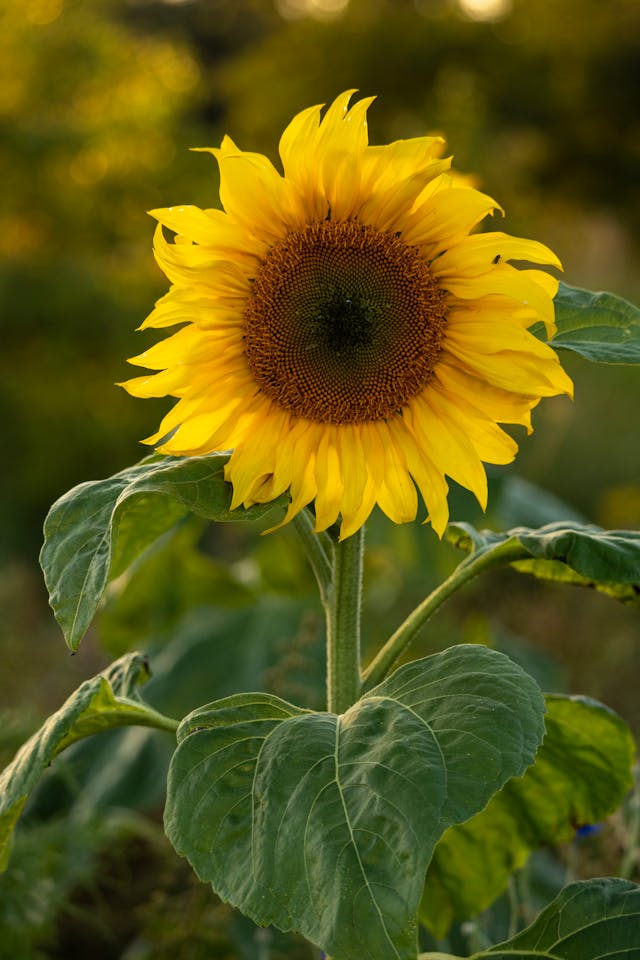
Sunflower Sprout Extract is suitable for all skin types: normal, dry, oily, combination, sensitive, and acne-prone.
Look for products containing one of the following variations of the ingredient name:
- Helianthus Annuus (Sunflower) Sprout Extract
- Sunflower Sprout Extract
- or Sunflower Shoot Extract
So far, I have found Sunflower Sprout Extract in serums, moisturizers, and sunscreens.
Whatever product you choose, you should use it consistently according to the specific instructions. Products with Sunflower Sprout Extract are typically not meant for one-off or infrequent treatments.
Also, take care if you have sensitive skin or are prone to irritation, and be sure to always patch test before using a new ingredient or product. While the ingredient is generally well-tolerated, products may contain many other ingredients that could cause sensitivity.
My favorite product with Helianthus Annuus (Sunflower) Sprout Extract
Osea Seabiotic Water Cream Moisturizer
I adore this moisturizer. It’s a regular staple in my skincare routine. My oily, acne-prone skin is also prone to dehydration, so I need to maintain a healthy moisture level without overdoing it. Osea’s Seabiotic Water Cream has a gorgeous, light texture that absorbs quickly.
It is packed with hydrating, skin-boosting ingredients, like seaweed extract and snow mushroom extract.
I use this moisturizer regularly in my nighttime skincare routine. It plays well with other products and hasn’t caused any breakouts. I love that it keeps my skin moisturized without making me oily. It’s also easier on my budget than some of the other products.
The only downside is that it kind of smells like feet. I’m guessing that’s from the seaweed? The smell is only noticeable when I apply it, but it’s not super strong and dissipates quickly. After a couple of seconds, the smell is completely gone.
More Products that contain Helianthus Annuus (Sunflower) Sprout Extract
Revision Skincare DEJ Daily Boosting Serum
I first learned about the Sunflower Sprout Extract ingredient in the DEJ Daily Boosting Serum from Revision Skincare.
I tried it, and it is a lovely serum that absorbs well and layers nicely with the rest of my skincare routine. It also has some of my other favorite antioxidants, Resveratrol and Tetrahexyldecyl Ascorbate (my favorite form of Vitamin C).
However, the price is very high—$225 for 1 ounce. As much as I loved using the serum and felt incredibly blessed even to be able to purchase it once, I thought it was too expensive to continue using it. However, this is a powerhouse serum for preserving youthful skin if your budget allows it.
One Skin OS-01 FACE SPF Protect + Repair SPF 30+
This SPF from One Skin is relatively new to the market. All of their products contain their proprietary peptide, OS-01. Their studies, both laboratory and clinical trials, have shown that this peptide reduces the number of senescent cells in aged skin. This SPF is a powerhouse for preserving youthful-looking skin, combined with Sunflower Sprout Extract and other antioxidants.
One Skin is a newer company with an impressive, thorough scientific approach to its formulations. Of course, keep in mind that it funds and conducts its own studies. With such scientific rigor and being a small company, its products are also more expensive. Overall, OneSkin is an awesome brand if you can afford it.
Multiple Colorescience SPF Sunscreens
Colorescience Sunforgettable Total Protection No-Show Mineral Sunscreen SPF 50
Colorescience Sunforgettable Total Protection Face Shield SPF 50
Colorescience Sunforgettable Total Protection Face Shield Flex SPF 50
Colorescience Sunforgettable Total Protection Brush-On SPF 50
Colorescience has a nice variety of facial SPF products that contain Sunflower Sprout Extract. If you are looking to use this ingredient in your SPF, it’s nice to be able to pick exactly what you want in terms of texture and pigment. The brush-on SPF powder is fantastic for reapplying your SPF throughout the day, especially if you wear makeup. Colorescience products have excellent formulations; dermatologists and estheticians often use them.
To see even more products that contain Sunflower Sprout Extract, check out this Pinterest board.
Potential Side Effects and Considerations
Sunflower sprout extract is considered safe and well-tolerated for most people when used in skincare products. However, as with any skincare ingredient, there are potential side effects and allergic reactions.
Be sure to patch-test any new skincare products and watch for possible skin irritation or allergic reactions.
If you notice anything concerning, consult a dermatologist or medical professional.
Get my favorite product on this page, Osea Seabiotic Water Cream, right here: https://amzn.to/3L1BZFJ
What do you think about Sunflower Sprout Extract? Would you use it in your skincare routine? Comment below with your thoughts!
Product Guide
This post contains Amazon affiliate links.

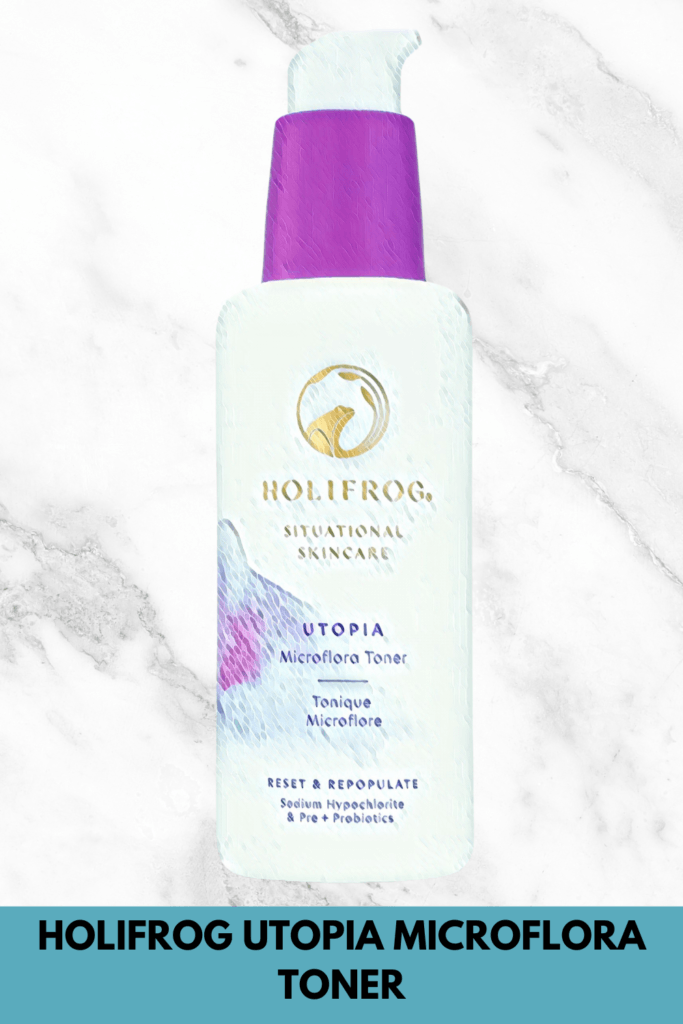
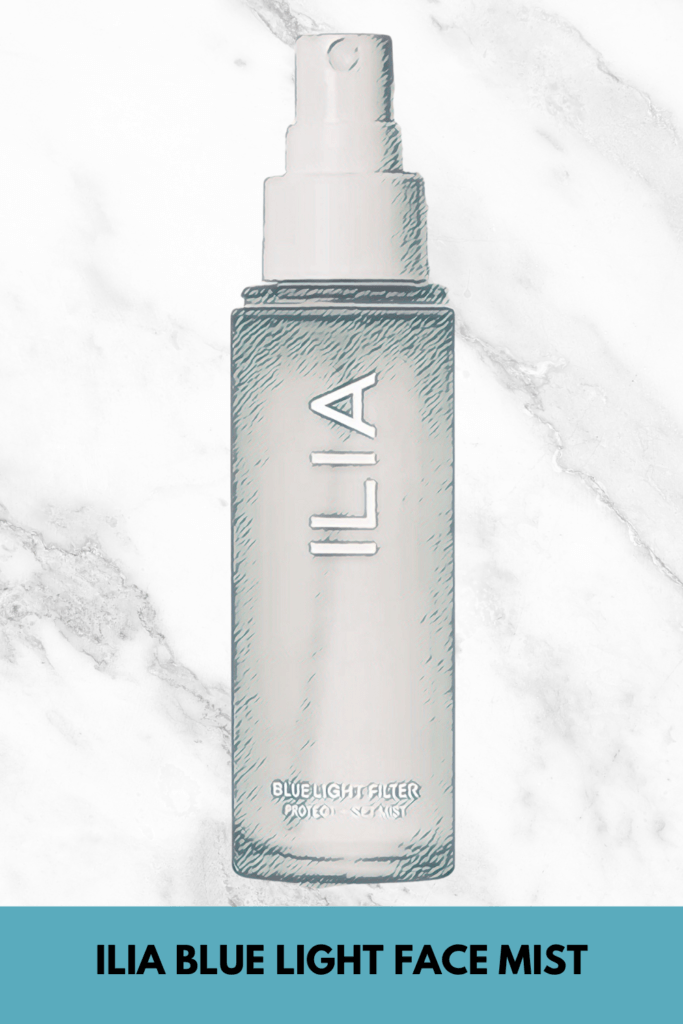
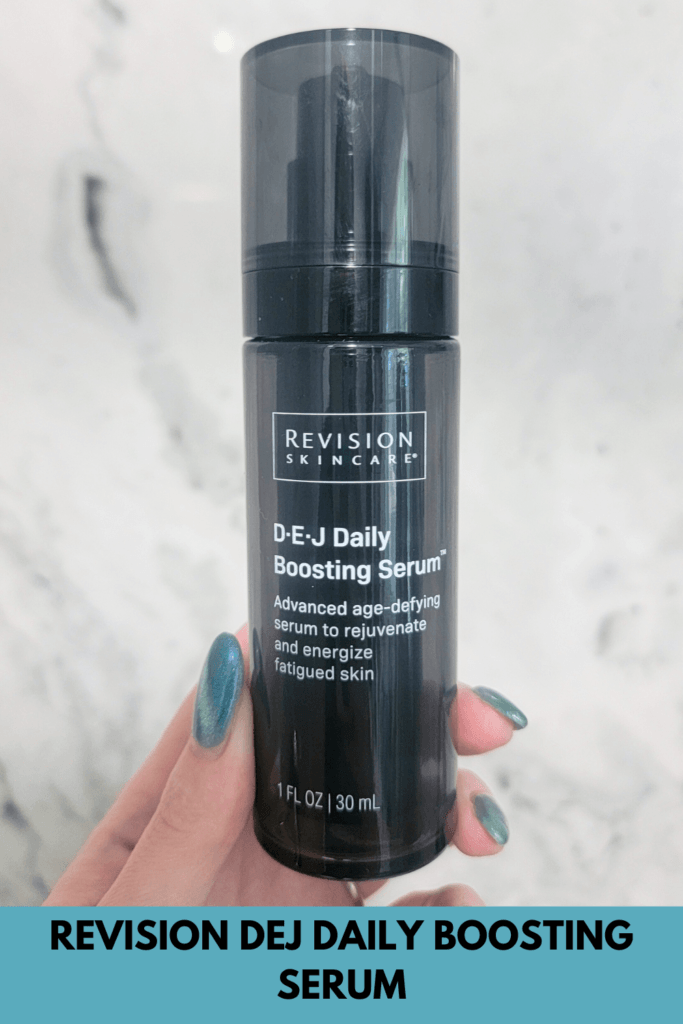
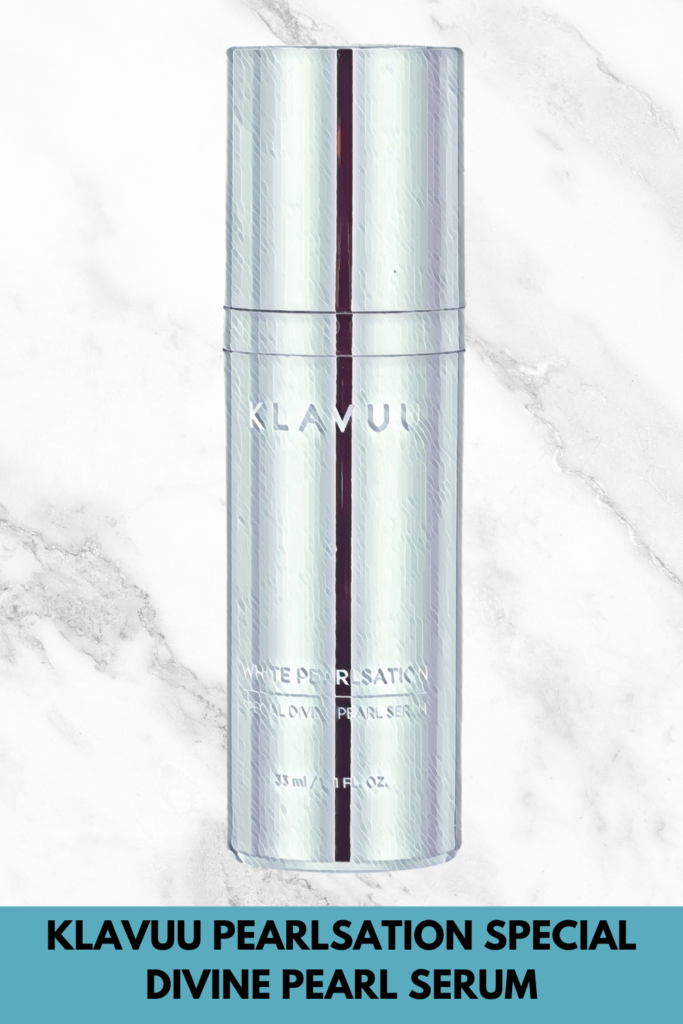
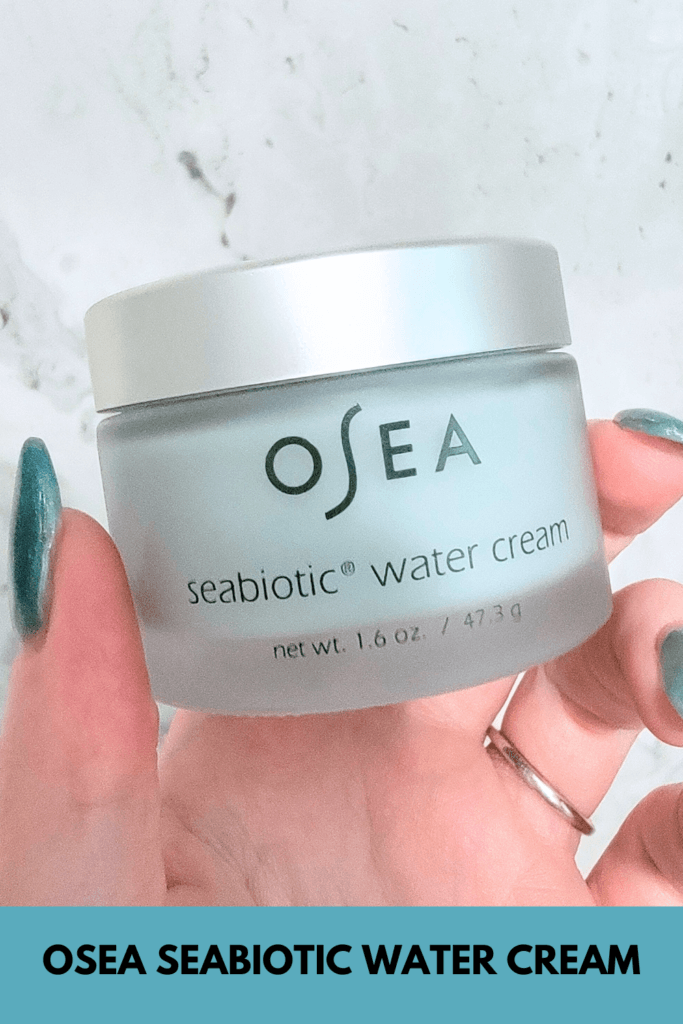
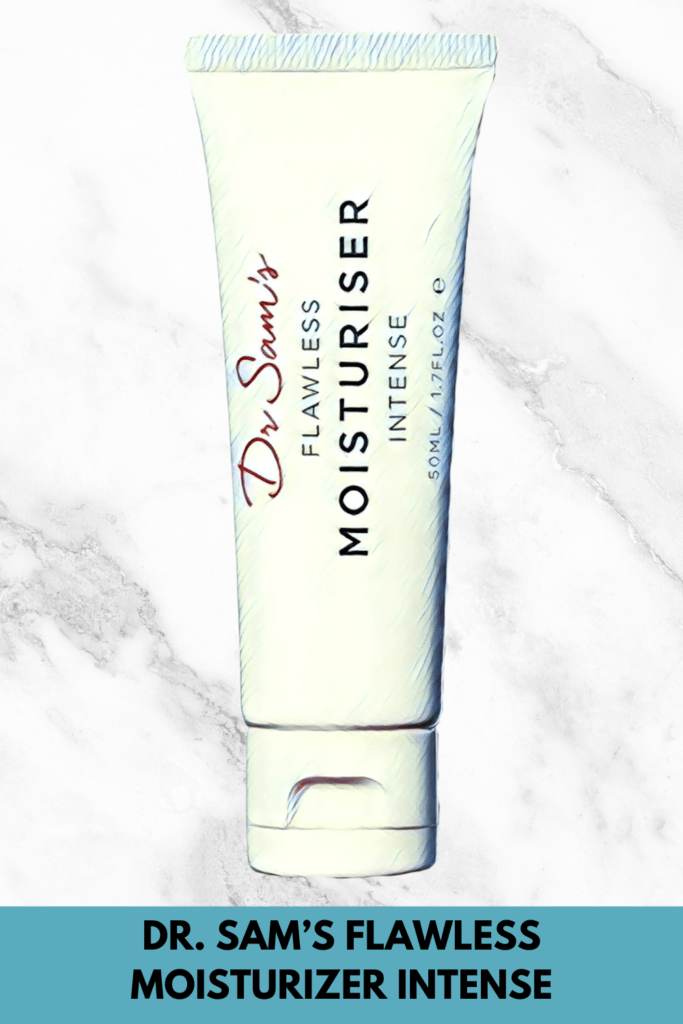
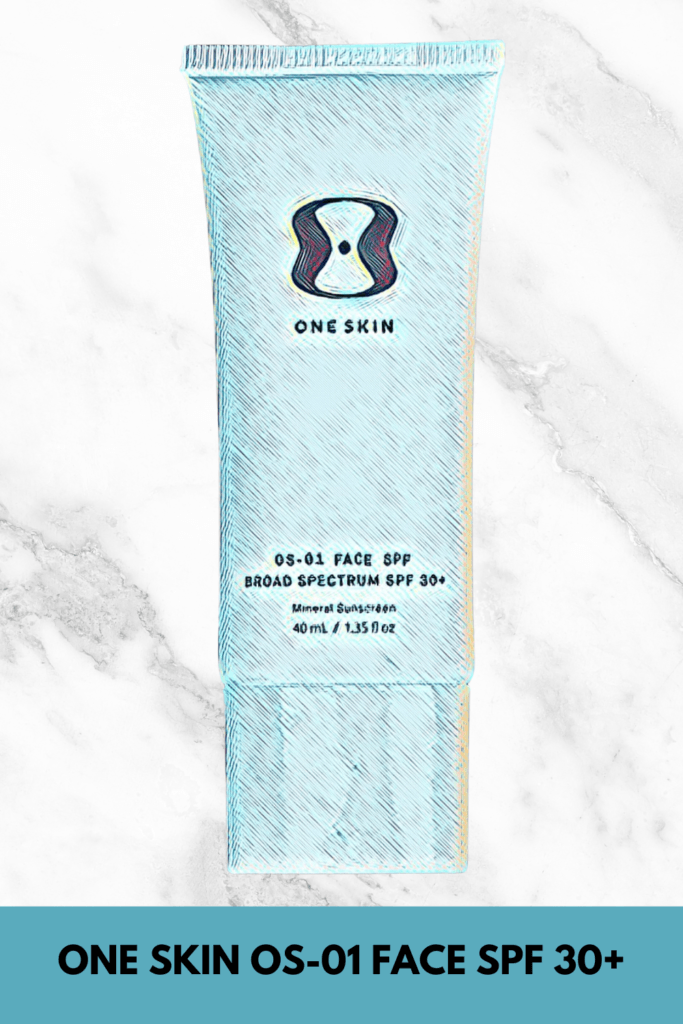
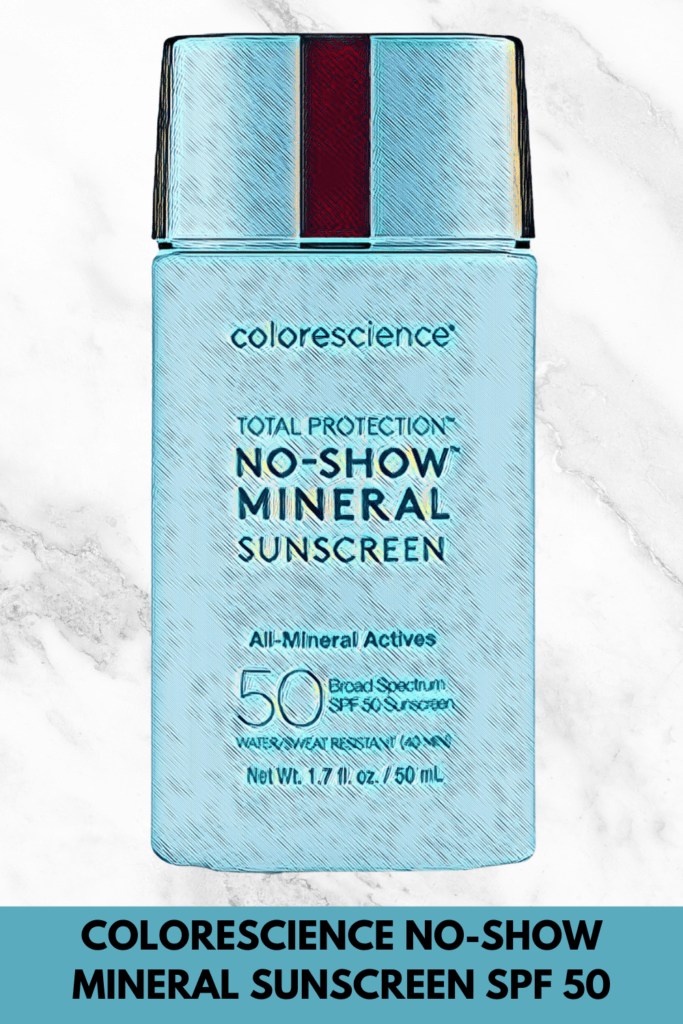
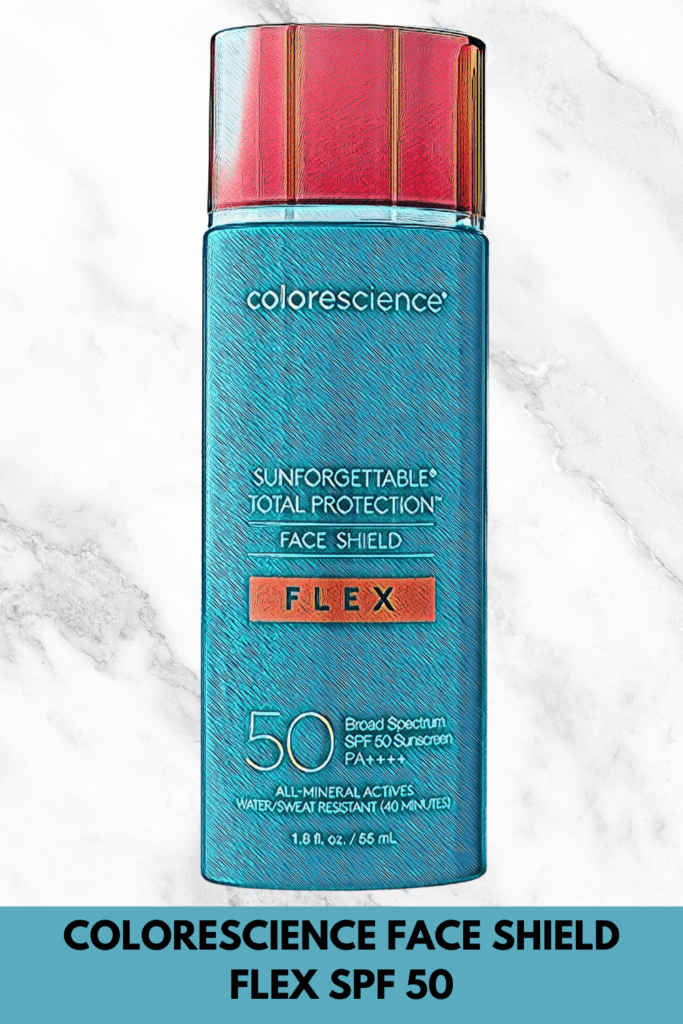
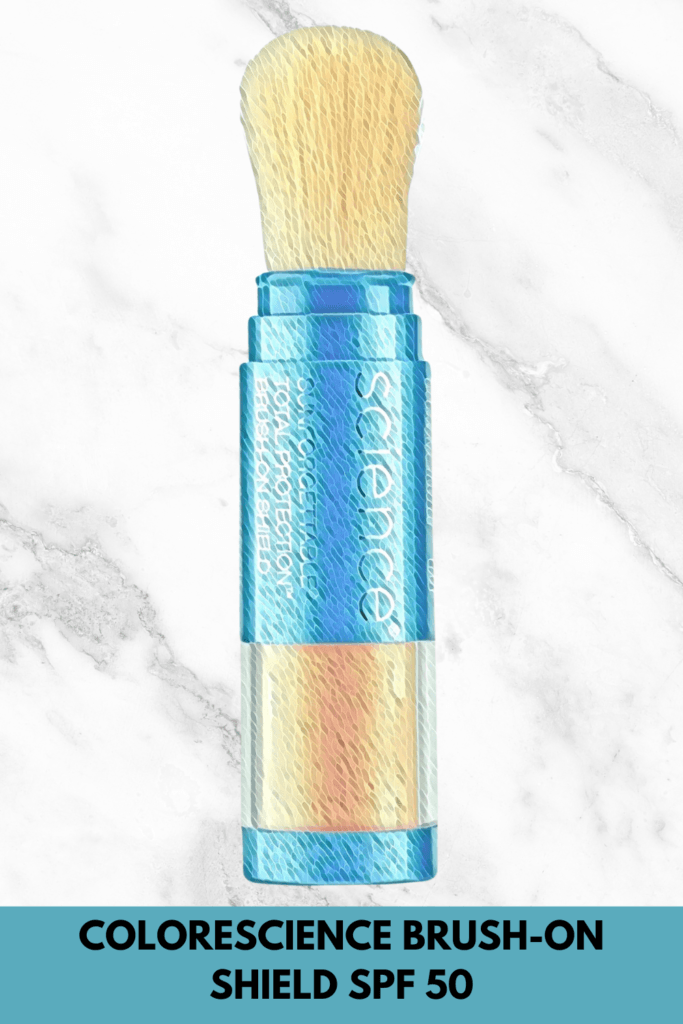
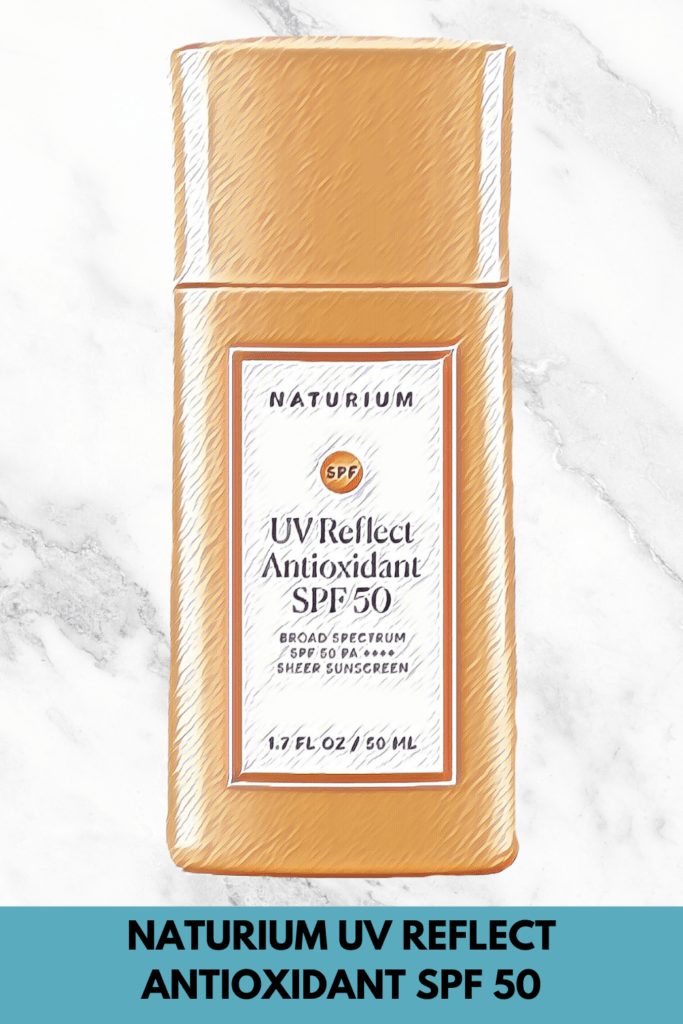
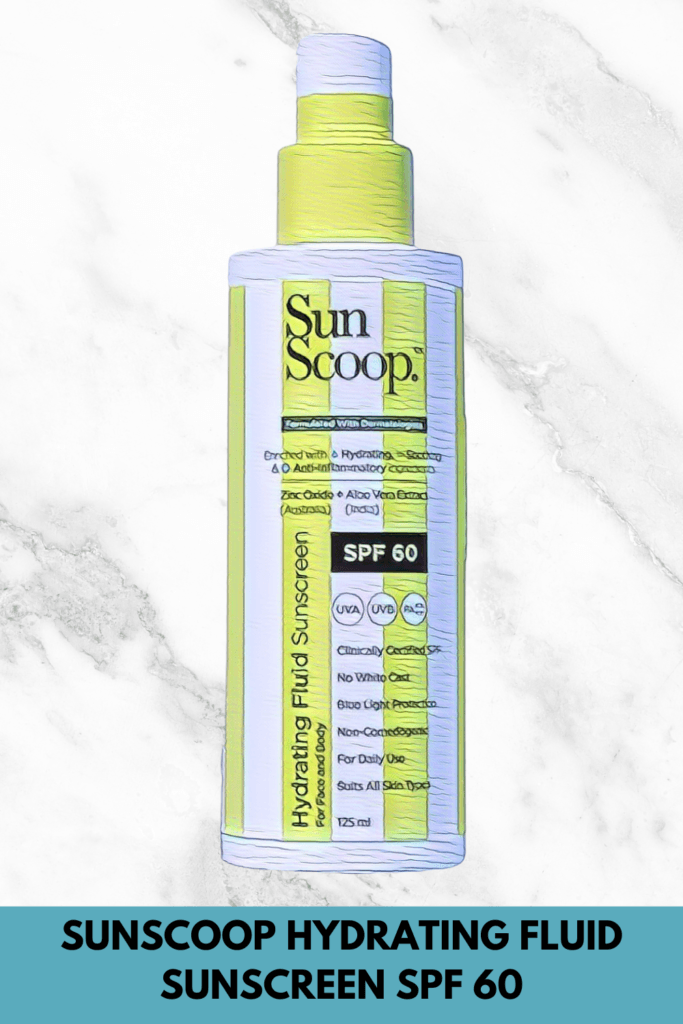
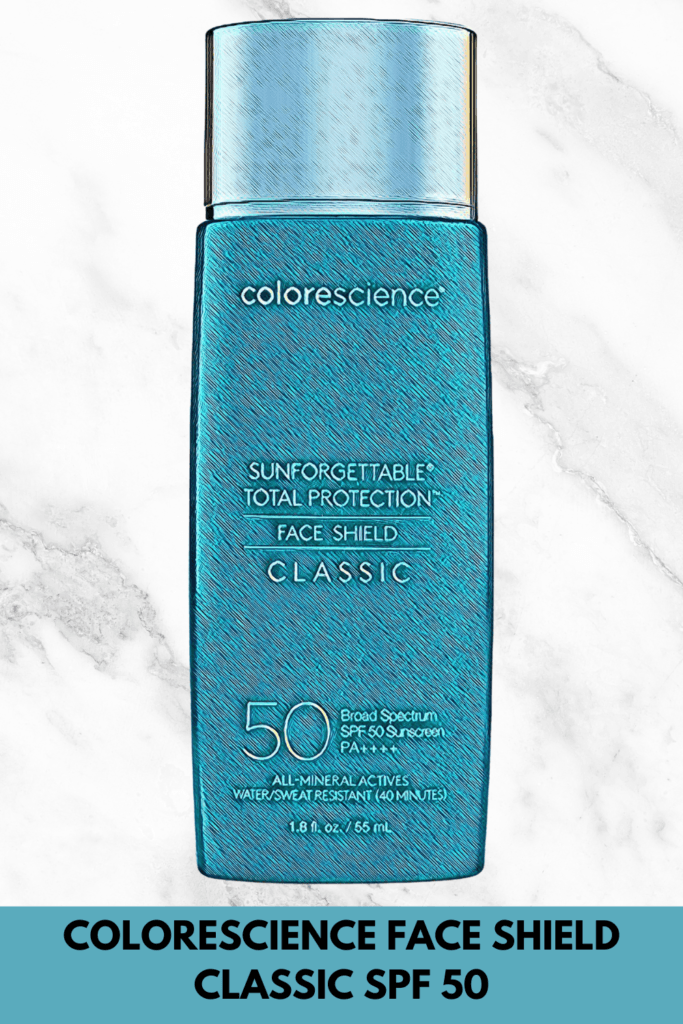
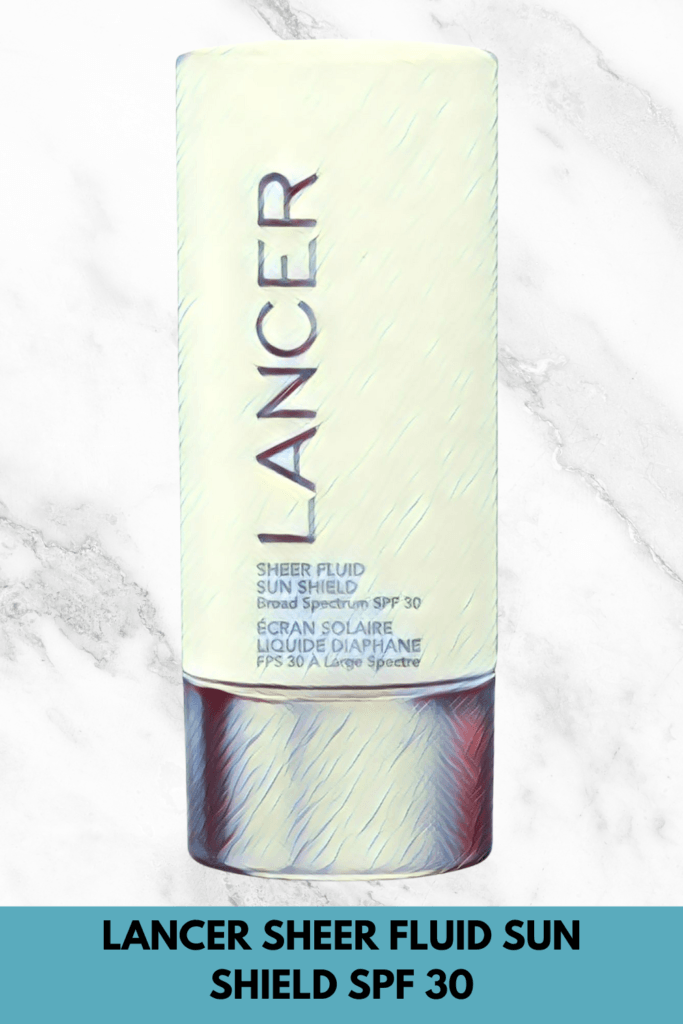
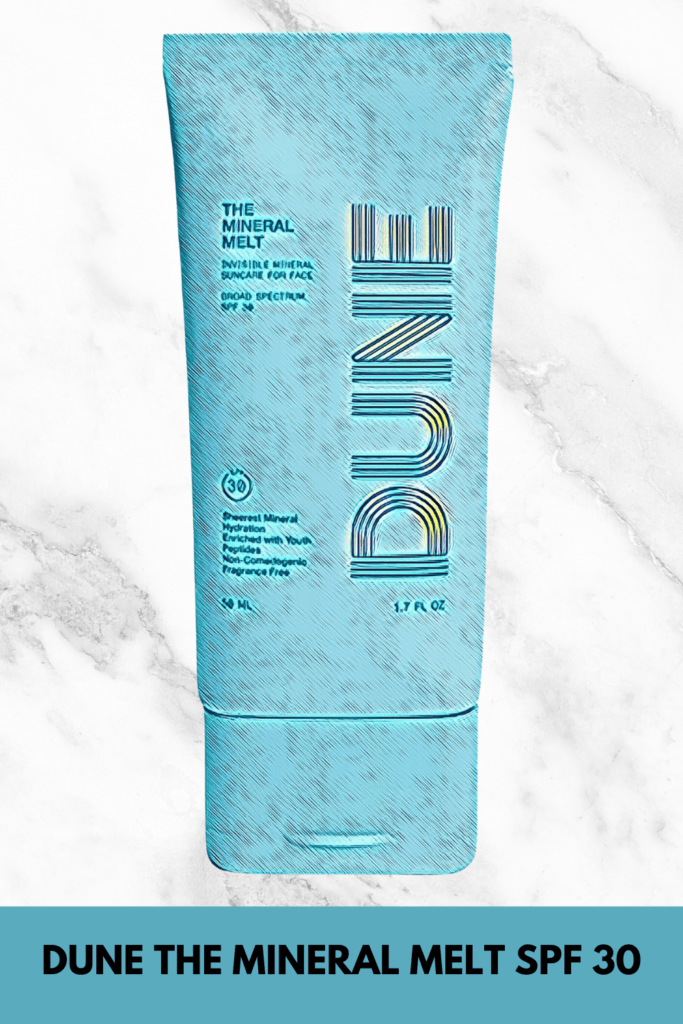
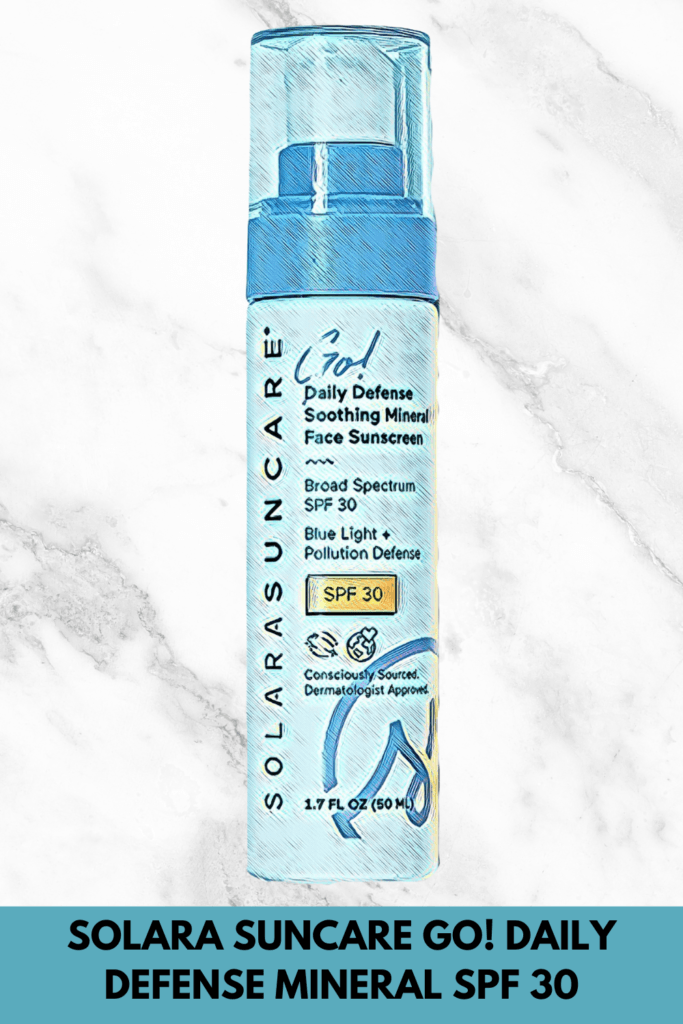
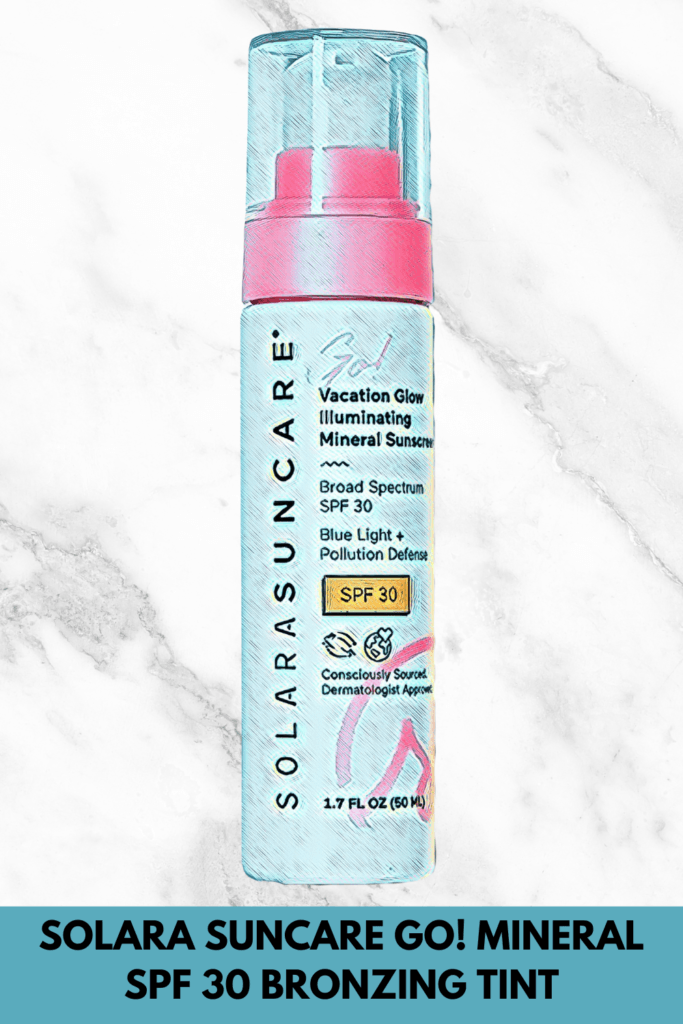
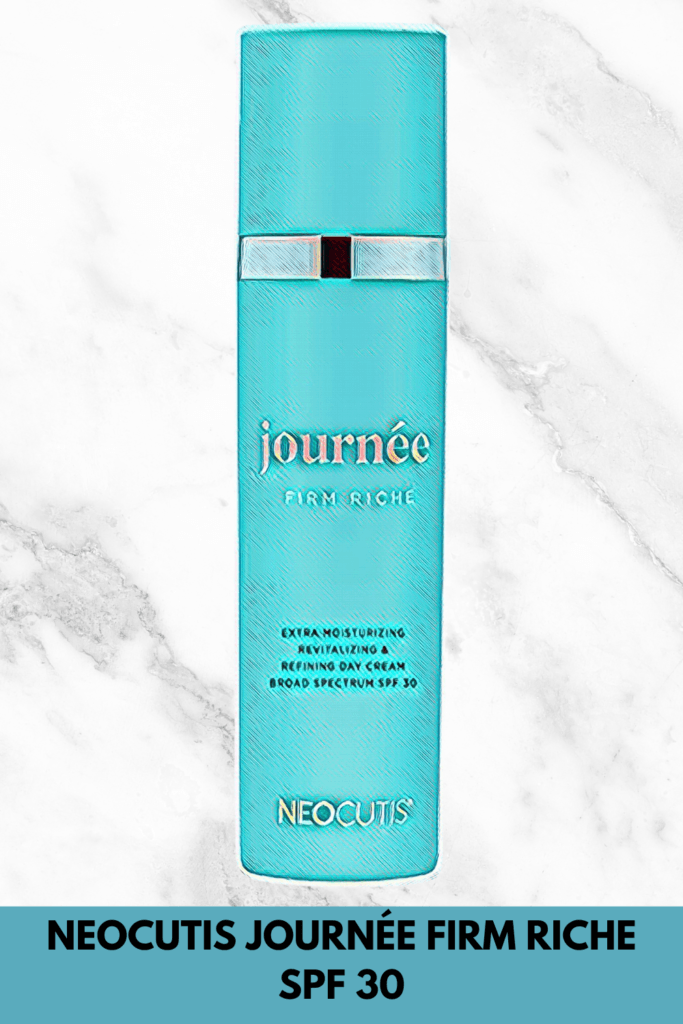
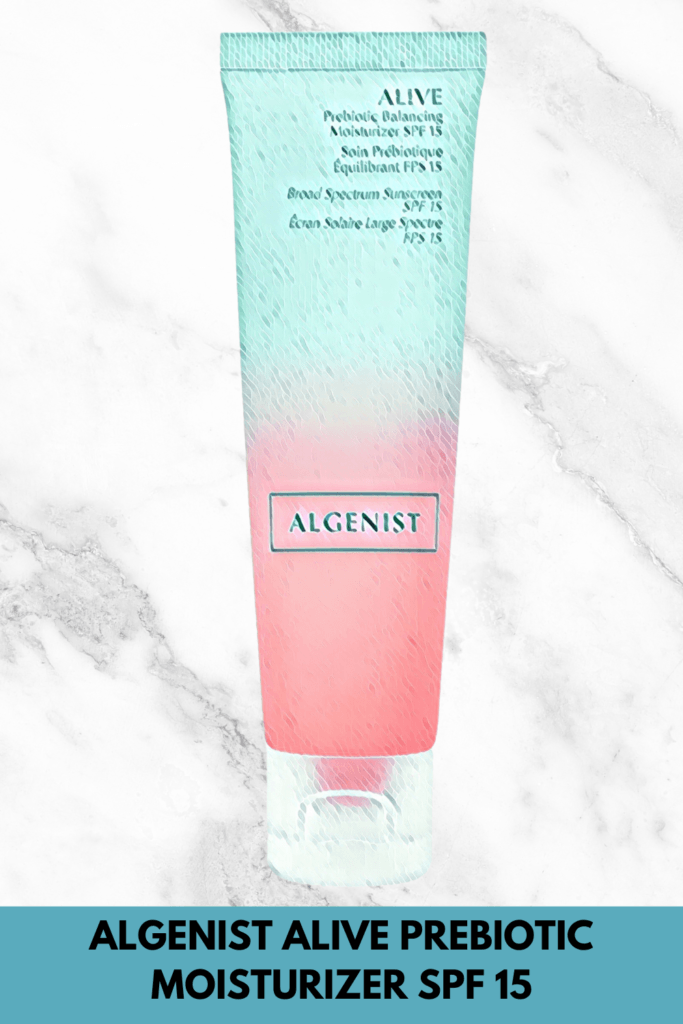
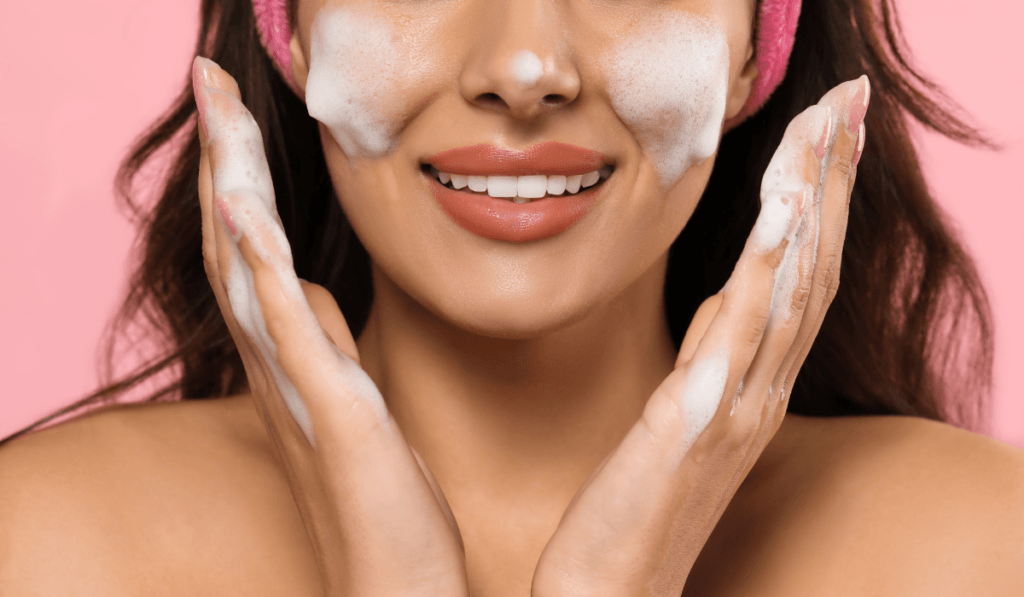
A fascinating discussion is worth comment. I believe that you ought to write more on this subject,
it might not be a taboo matter but generally people do not discuss these
topics. To the next! Many thanks!!